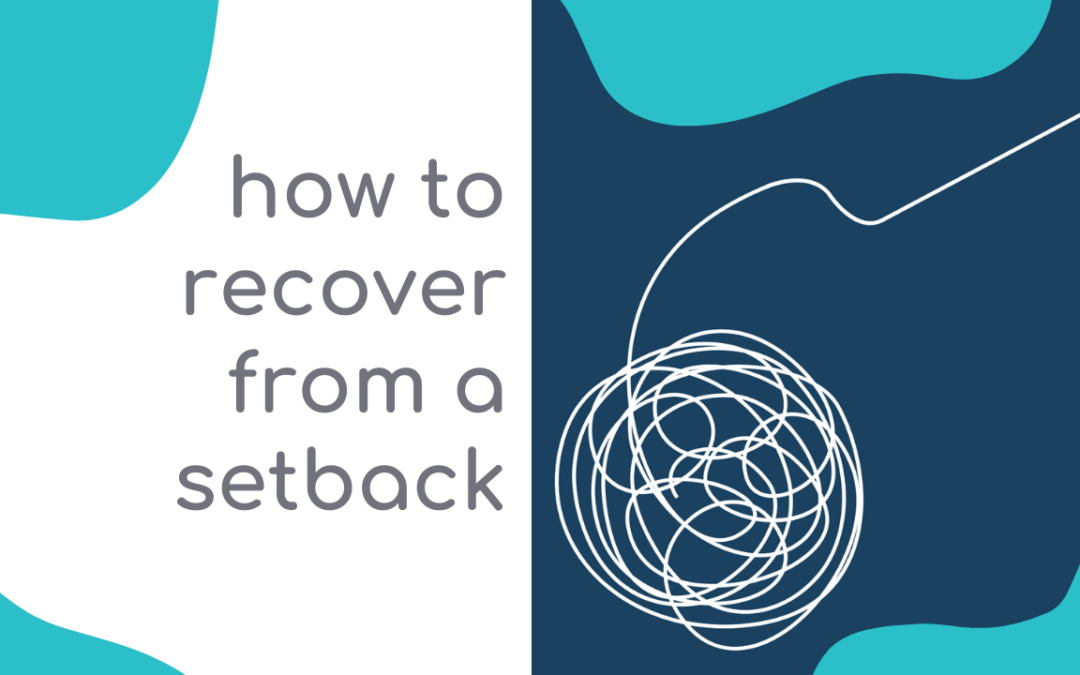Life does not move in a straight line, which means everything from your net worth to your investments to your retirement plan will likely experience a setback at some point. You could lose a job, the market could crash, you could face a health-care crisis and more. The key with all of this is to not panic and stick to your plan.
Of course, that’s easier said than done, especially when it comes to the stock market. In March 2020, when markets dropped by about 35% due to the novel Coronavirus pandemic, many investors no doubt felt an extreme sense of panic and they likely wanted to sell out of everything, fearing that markets would drop further and wipe out their nest eggs. While that’s a normal reaction, selling out may be the worst thing you can do since you can miss out on recouping those losses if there is an upswing. Few investors can successfully time the market.
At the end of September 2020, the S&P 500 was up about 1% on the year, and up 46% from the March 23, 2020 market bottom. If you sold out and and haven’t bought back in yet, you would have lost a lot of money instead of being up on the year. Furthermore, despite the continued challenges from Covid-19 the S&P 500 finished at a record high, up nearly 27% in 2021. As we mentioned earlier, the S&P 500 has posted a 10% annual return, on average, since 1920 and about a 6% annual average return since 2000. So, while there are down years, the market is up more than it’s not.
When the market does fall, don’t panic. Keep contributing your monthly amount – while you may lose some of it as the market falls, you’ll also end up buying stocks at the bottom, which will increase in value significantly as stocks rise – and, if you lose your job or are worried about an income reduction, review your budget to see where you can cut back. Try and leave savings alone until that’s no longer possible.
If you do feel overwhelmed, then that could be a sign that your risk tolerance is out of whack. If you’re worried about losing too much, then you may need to be in a more conservative portfolio where a market decline won’t impact your assets – or your psyche.

